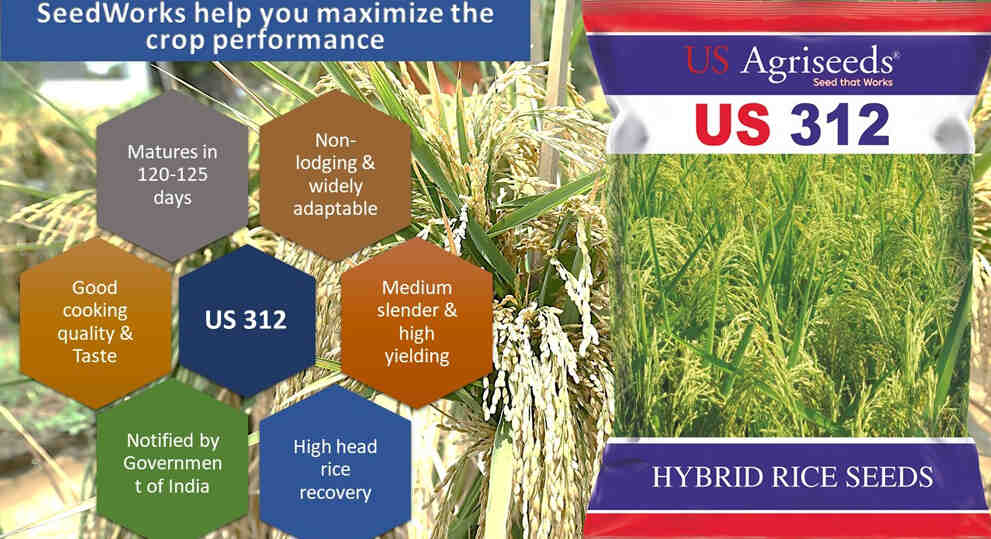The agricultural industry in India heavily relies on high-quality seeds to ensure good crop yield. However, with the increasing demand for seeds, fraudulent sellers have flooded the market, offering low-quality or fake seeds. Identifying genuine seeds sellers in India is crucial for farmers and gardeners to avoid financial losses and poor harvests. This guide will help you distinguish between authentic and counterfeit seed suppliers.
Check for Certification and Licensing
Genuine seed sellers in India must adhere to government regulations and hold certifications such as those from the National Seeds Corporation (NSC) or State Seed Certification Agencies (SSCAs). Always ask for valid documentation and verify their authenticity through official sources before making a purchase.
Examine Packaging and Labeling
Authentic seeds come in well-sealed, tamper-proof packaging with clear labeling, including the seed name, variety, germination percentage, lot number, and expiry date. Fake seed sellers often use substandard packaging with missing or incorrect information. Carefully inspect the label to ensure it meets regulatory standards.
Verify the Seller’s Reputation
Reputation is a strong indicator of a seed seller’s reliability. Check for customer reviews, testimonials, and word-of-mouth recommendations. Farmers should prefer suppliers who have been in the business for a long time and have a track record of providing high-quality seeds.
Beware of Unusually Low Prices
If a deal seems too good to be true, it probably is. Fake seed sellers often lure buyers with extremely low prices. Compare the prices of seeds from multiple genuine sources, and be cautious of sellers offering significantly lower rates than the market average.
Conduct a Germination Test
Before investing in a large quantity of seeds, perform a simple germination test at home. Place a few seeds on a moist paper towel and check the germination rate within a few days. If the seeds show poor or no germination, they might be counterfeit or of inferior quality.
Purchase from Authorized Dealers and Government Agencies
To minimize the risk of buying fake seeds, purchase only from authorized dealers, cooperative societies, government seed agencies, or recognized agricultural research institutes. These sources are more likely to offer certified and high-quality seeds.
Look for Proper Invoicing and Receipts
Genuine seed sellers in India provide proper invoices and receipts with every purchase, detailing the seed variety, quantity, price, and seller details. Fake sellers may avoid issuing receipts to evade accountability. Always insist on getting a valid purchase receipt.
Report Fraudulent Sellers
If you come across a fake seed seller, report them to the local agricultural authorities or consumer protection agencies. This helps prevent others from falling victim to counterfeit products and promotes a more transparent seed market.
Conclusion
Spotting genuine vs. fake seed sellers in India requires careful research and vigilance. By checking certifications, examining packaging, verifying reputations, and conducting germination tests, buyers can safeguard themselves against fraudulent seed suppliers. Always prefer trusted and authorized sources to ensure the best quality seeds for a successful harvest. Stay informed, be cautious, and contribute to a more reliable agricultural market in India.






Comments